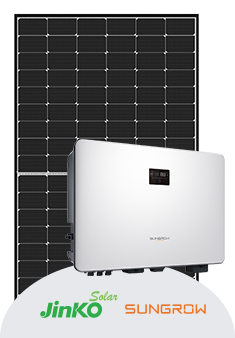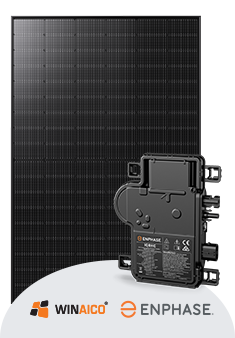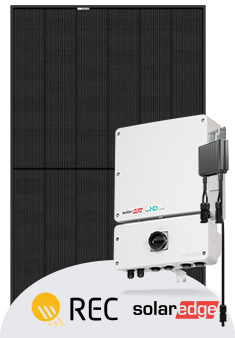SOLAR FINANCE OPTIONS
GO GREEN AND SAVE WITH PARKER LANE FINANCE
As an Accredited Clean Energy Council Retailer, Soltek Energy provides you with products that keep money in your pocket in the long term. The Soltek Energy suite of products creates and uses energy more smartly to save you money on your bills, give you independence from the grid and ultimately, are better for the environment.
Parker Lane recognises that the economy of your home or business is as important as ever and accessing a competitive finance option which keeps money in your pocket upfront, allows everyone the opportunity to go green for their home or business.
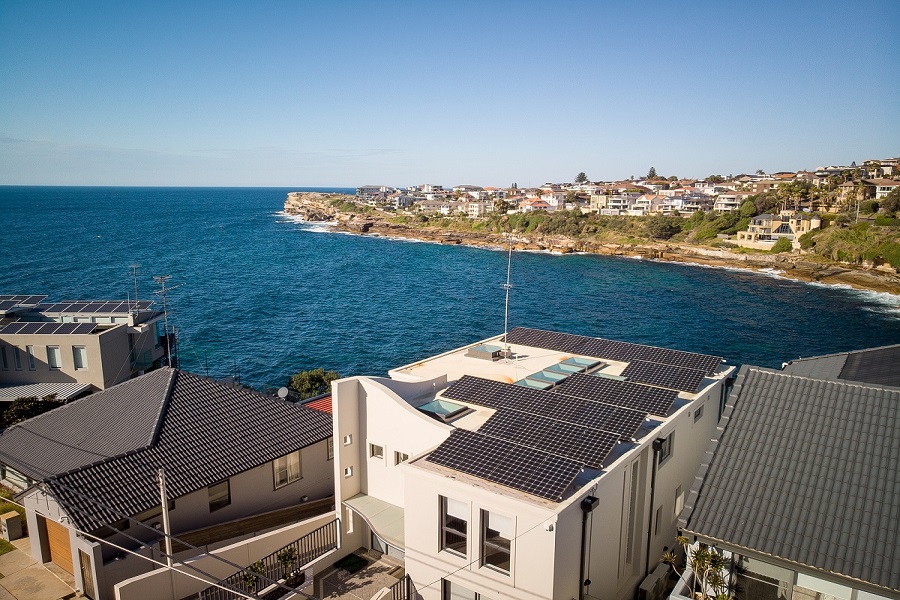

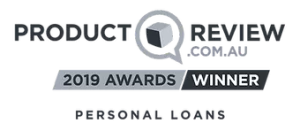
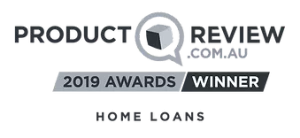
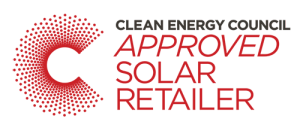
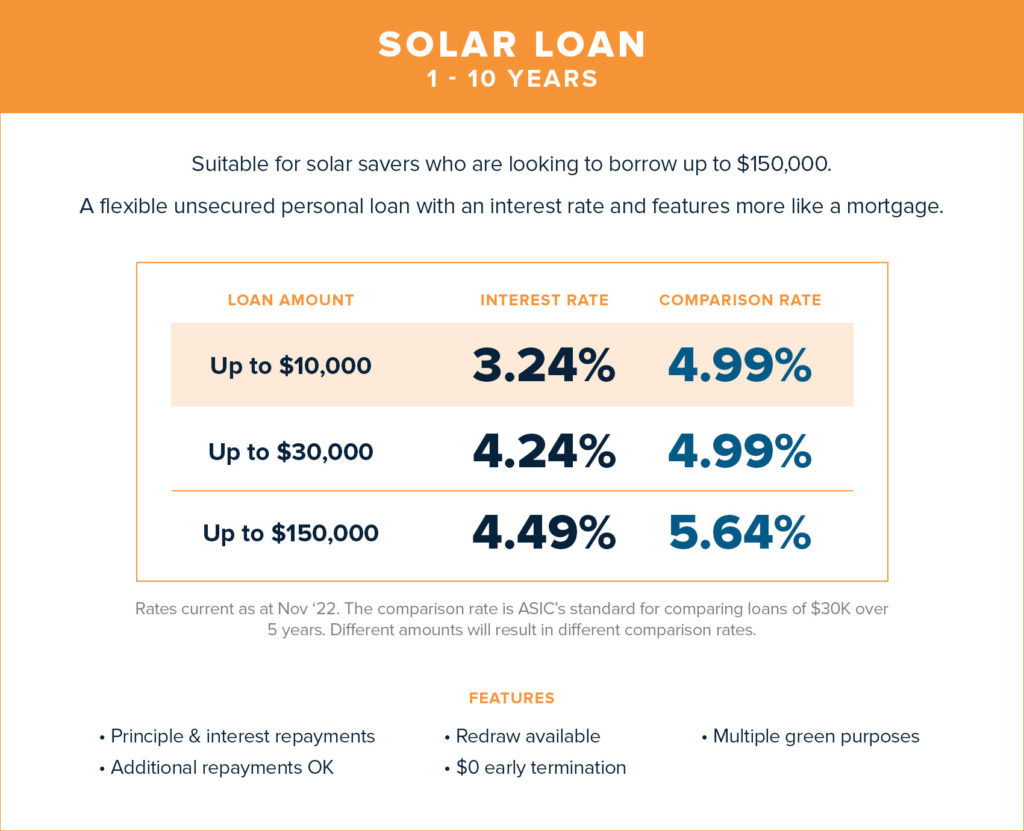
PARKER LANE FINANCE
Because going green should not cost the earth and with Soltek Energy and Parker Lane as your renewable partners, you have options in keeping cash in your pocket up front and, keeping cash in your pocket long term in addition to the following advantages and benefits:
With competitive rates, flexible options and terms, the Parker Lane Green Loan will ensure that you do not have to compromise quality when financing your renewable solutions – You can access quality equipment at the lowest prices.
Let us know if you’d like to consider a Parker Lane Green Loan and we can ensure that you are afforded their industry’s best service in determining your eligibility and details.
Exclusively available through Parker Lane, the loan is subject to credit approval and is currently available to good-credit homeowners for installation at their homes.
FAQs
How does a personal loan work?
Personal loans are a safe, middle-of-the-road financing option for a solar system. You may be able to find a reasonable personal loan interest rate if you shop around, and some lenders may consider the purpose of your loan, being an environmentally friendly product such as solar to give you a better deal.
Can I add a solar system to my mortgage?
Borrowing towards your home to pay for a solar system may be a perfectly reasonable way to finance solar panels. Many customers have already paid ahead in their mortgage and have therefore gained a redraw amount. This would then allow these redraw funds to be used to pay for a solar system. The advantage is that the interest rate is relatively low, as mortgage interest rates are at a historic low.
Is a solar system economically worthwhile?
Investing in a solar system can be financially beneficial for many homeowners, but it depends on various factors. Here’s a breakdown to help you assess the economic viability:
1. What are the upfront costs?
Purchasing and installing solar panels typically involves a significant initial investment. Costs can vary depending on factors such as the size of the system and the type of panels chosen.
2. Are there financial incentives available?
Government incentives, such as tax credits or rebates, may help offset the upfront costs of installing solar panels. These incentives can vary by location, so it’s essential to research what’s available in your area.
3. What are the long-term savings?
Solar panels can lower electric bills by generating clean energy from sunlight. The amount of savings depends on factors like energy consumption, local utility rates, and the size and efficiency of the solar system.
4. How long does it take to recoup the investment?
The payback period for a solar system varies based on factors like upfront costs, energy savings, and available incentives. While some homeowners may see a return on investment within a few years, others may take longer.
5. What about ongoing maintenance and operational costs?
Solar panels generally require minimal maintenance, but occasional cleaning and repairs may be needed. Investigating these potential costs is essential when evaluating the overall economic feasibility.
6. What are the environmental benefits?
In addition to potential cost savings, investing in solar power reduces reliance on fossil fuels and lowers carbon emissions, contributing to a cleaner environment and a more sustainable future.
7. Are there any drawbacks to consider?
While solar panels offer numerous benefits, some drawbacks exist, such as high initial costs, variable energy production, and potential technology obsolescence over time.
8. How do I determine if solar power suits my home?
To assess the economic viability of a solar system for your home, consider factors such as available roof space, geographic location, energy consumption patterns, and local incentives. Obtaining quotes from reputable solar installers and using online calculators to estimate potential savings is also helpful.
In conclusion, while there are costs and considerations associated with installing a solar system, many homeowners find that the long-term economic benefits outweigh the initial investment. By carefully evaluating your circumstances and weighing the potential costs and savings, you can determine whether solar power is a financially worthwhile option for your home.
QUALITY RESIDENTIAL SOLAR PACKAGES
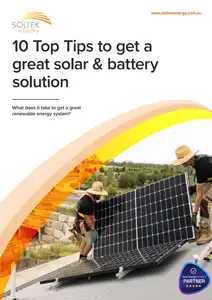
Free Solar & Battery E-Book
10 Top Tips to get a great solar & battery solution
This detailed guide has been prepare using our over 15 years of industry experience. It gives you a great overviews of the key factors to consider in your purchasing decision.
Download your free 20 page E-Book with 10 of the best helpful solar purchasing hints. No Catch. Why? Because solar is a long term investment and we care about what we do and by providing important information to everyone that they can make the best solar & battery choice!
